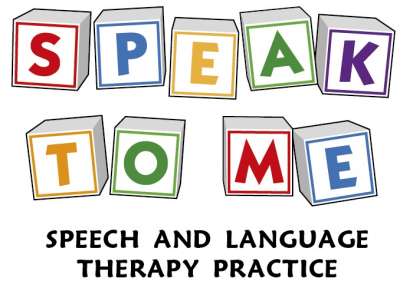Sequencing sounds into words
- 4 February 2013
- Rosie Dwyer
“Mark can you say helicopter for Rosie?” “Hetopter.” “Can you say it again for her?” “Topter.” “And one last time?” “Hekoker.”
Some children have great difficulty sequencing sounds needed for clear speech. Children with sequencing difficulties may change their pronunciation of a word each time they attempt to say it. They often think that they are saying the same word and that they are saying the word just as clearly as we would - “helicopter”. Speech sequencing difficulties can be classified as a separate issue to articulation or clarity of speech. Often these children can articulate a wide variety of sounds, but they need specific practice learning how to put all of these sounds into words.
So how can I tell if my child has speech sequencing difficulties? Some symptoms you may notice include; your child may be late to talk, your child may appear to ‘grope’ for sounds, your child’s articulation may appear inconsistent, your child may find it difficult to say a word on demand but any other time they can say it fine, your child’s speech may appear slower than their peers, your child may have trouble sequencing certain consonant and vowels sounds into words and sentences, your child’s speech is harder to understand when they use sentences, your child may understand language much better than they can use it to express themselves, or your child may have an automatic, limited vocabulary. All symptoms will vary from child to child and in severity.
Difficulties sequencing speech sounds may be reflective of a more specific speech sound disorder, Childhood Apraxia of Speech or Developmental Verbal Dyspraxia. For more information about these two speech disorders please contact your local speech and language therapist or to read more about these disorders refer to the American Speech-Language Hearing Association (ASHA).
Please be aware that if your child does demonstrate some of the symptoms mentioned above, it does not automatically mean that they may have sequencing difficulties. If you are concerned, please contact your local speech and language therapist for an initial consultation. They will administer appropriate assessments to determine the cause of your child’s speech difficulties. They will also be able to provide you with useful strategies and activities to complete with your child.
Speak To Me has utilized the free download section from Nick Jr and has created some sequencing worksheets. Feel free to download these and try them with your child. These activities promote sequencing skills between different sounds and syllables. You can incorporate these worksheets into games, play and snack time at home.
Enjoy! Rosie
